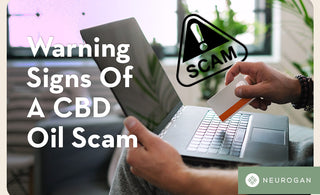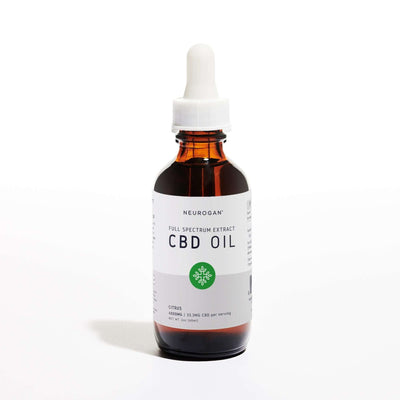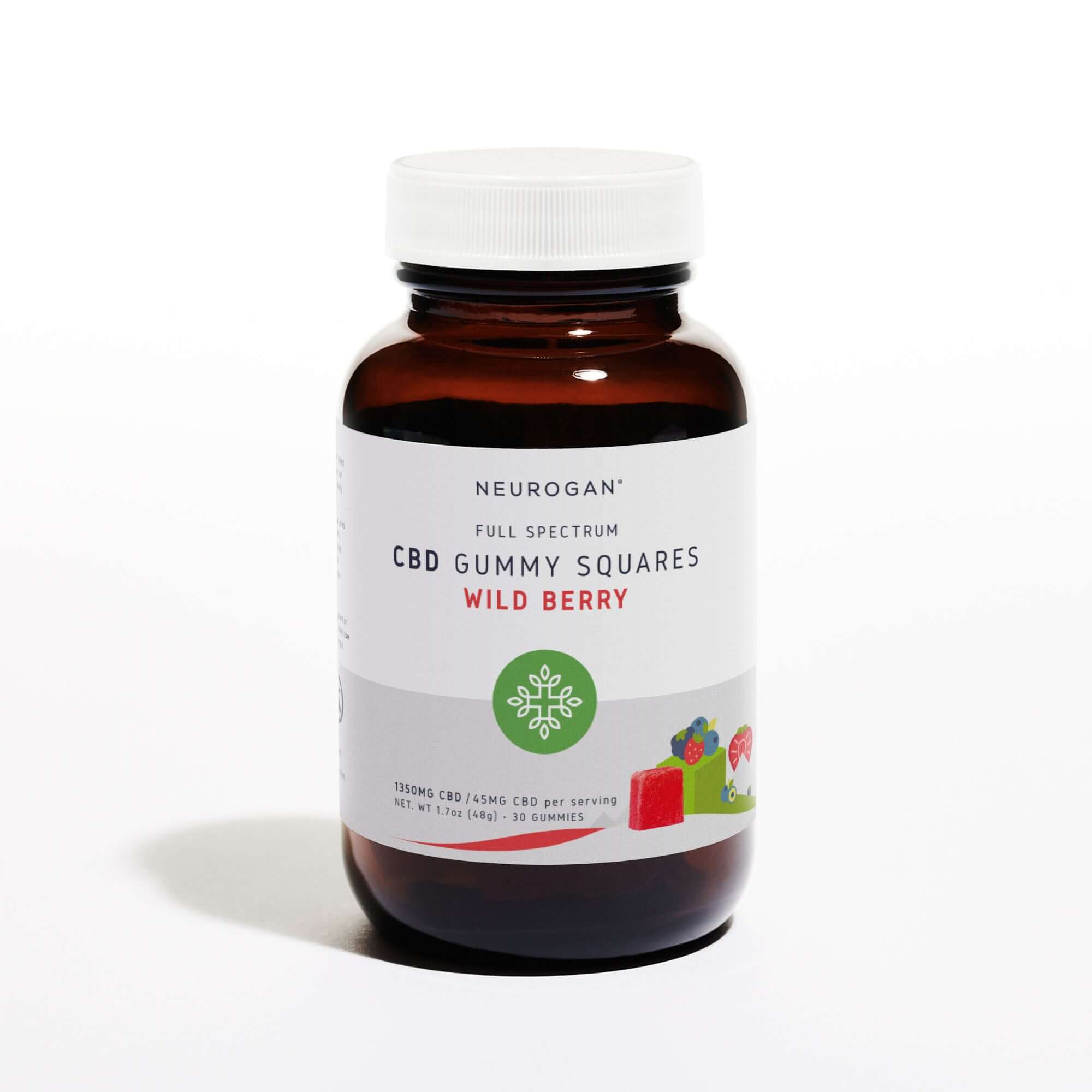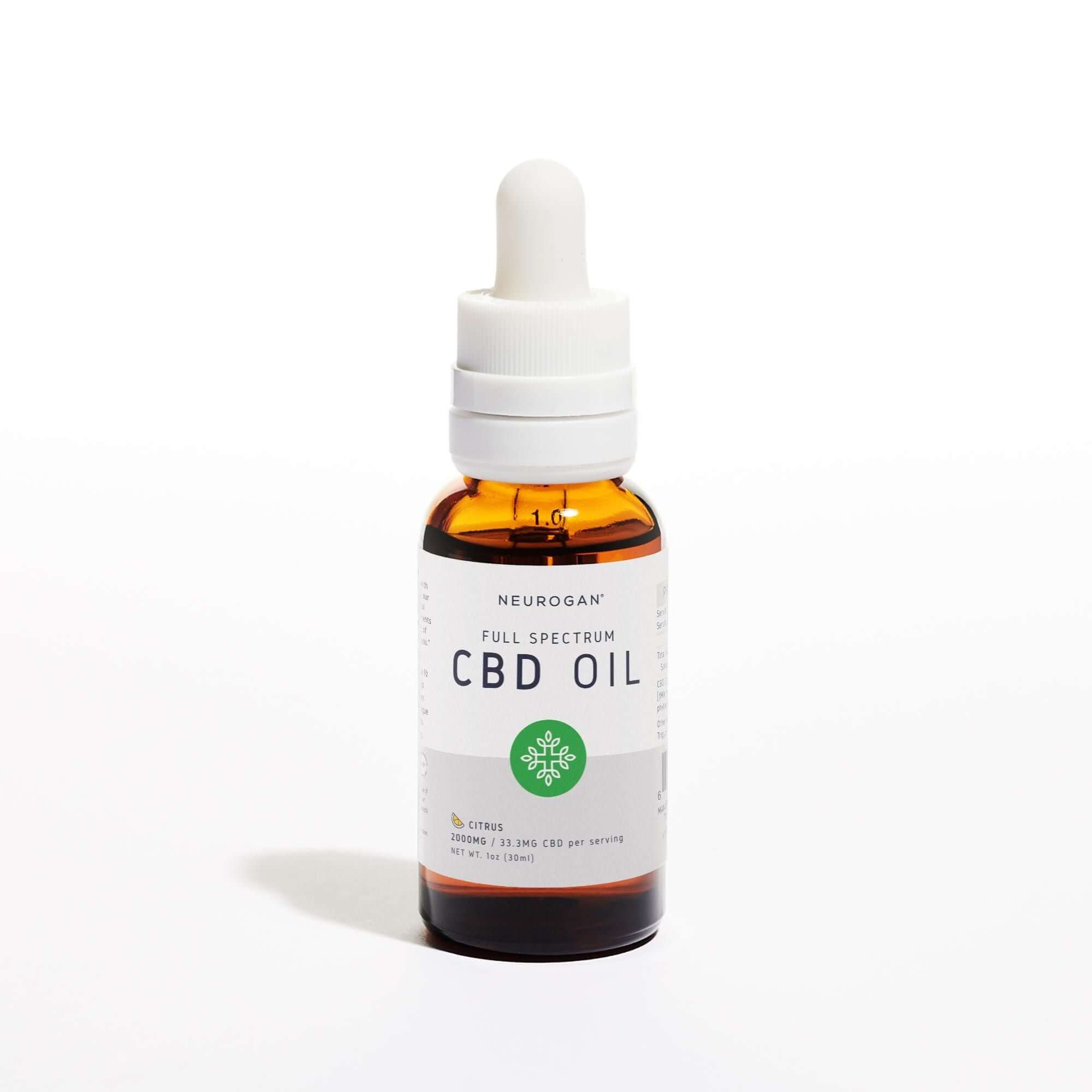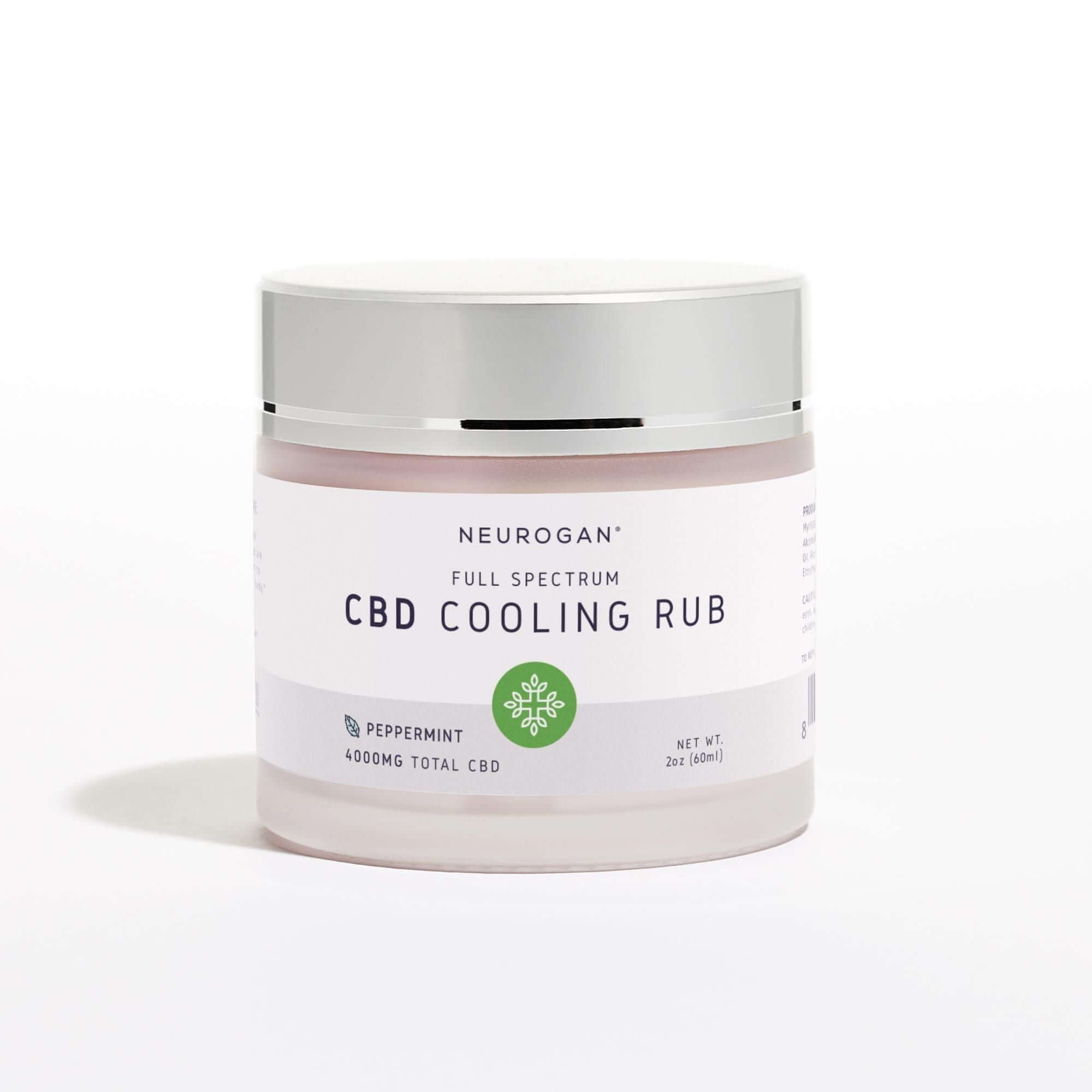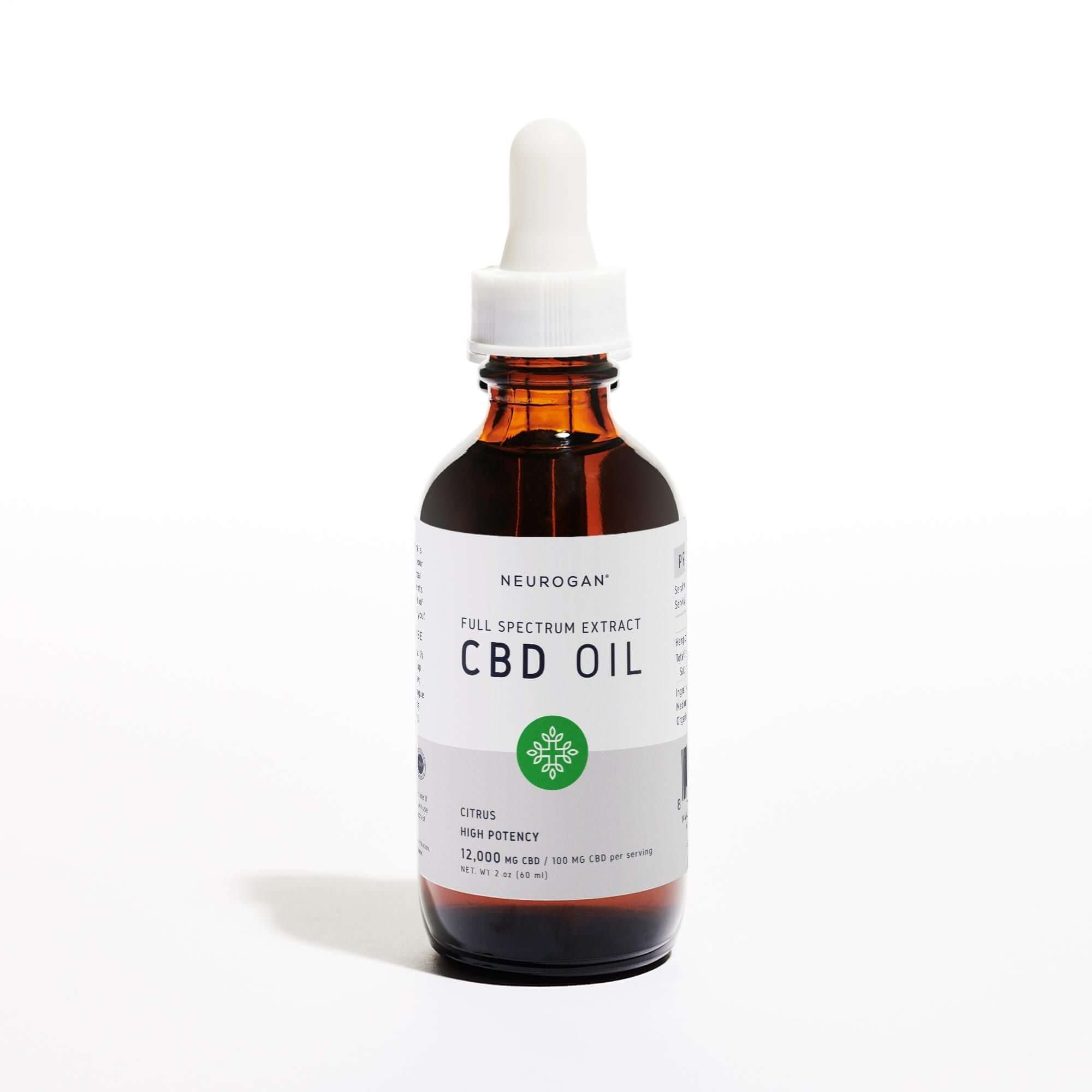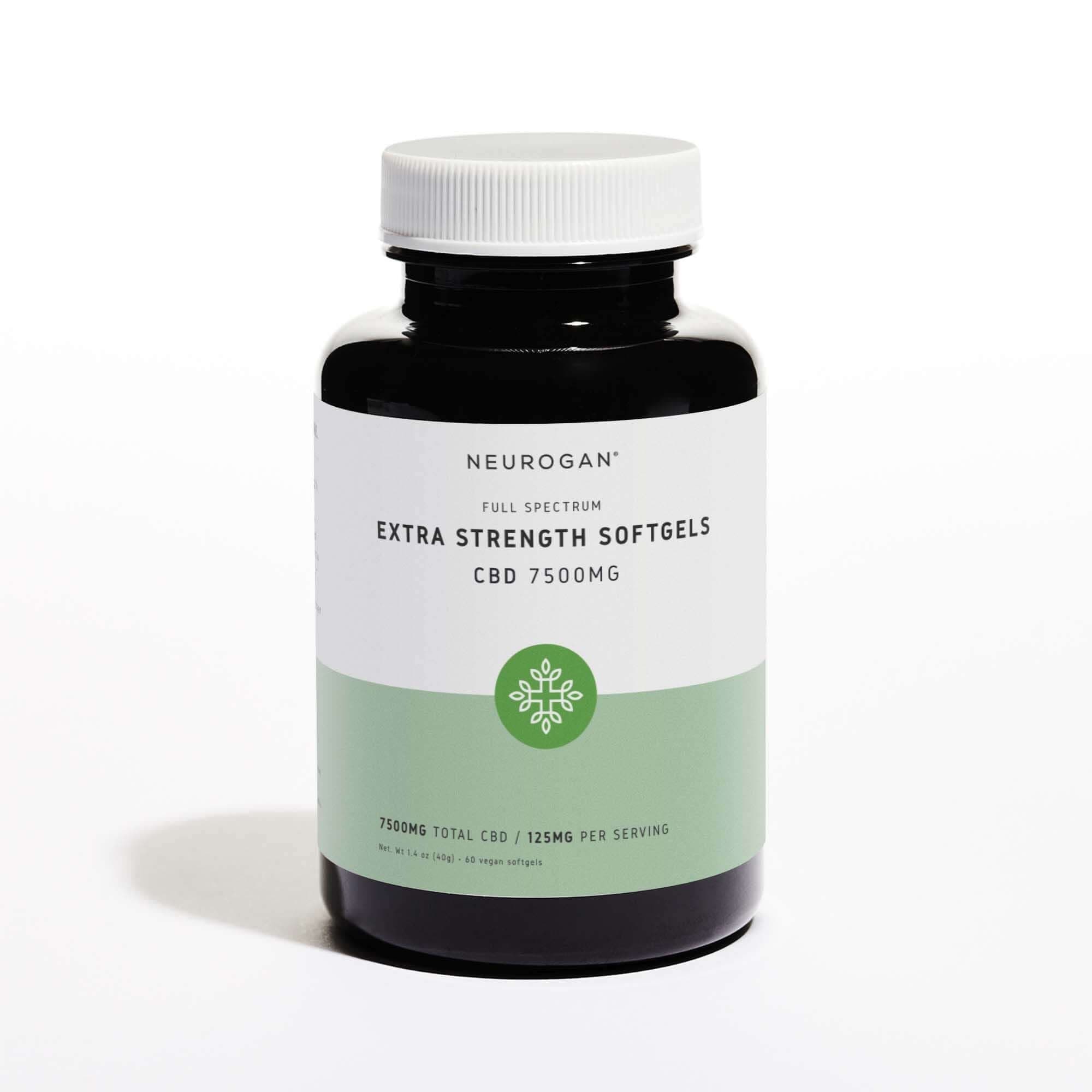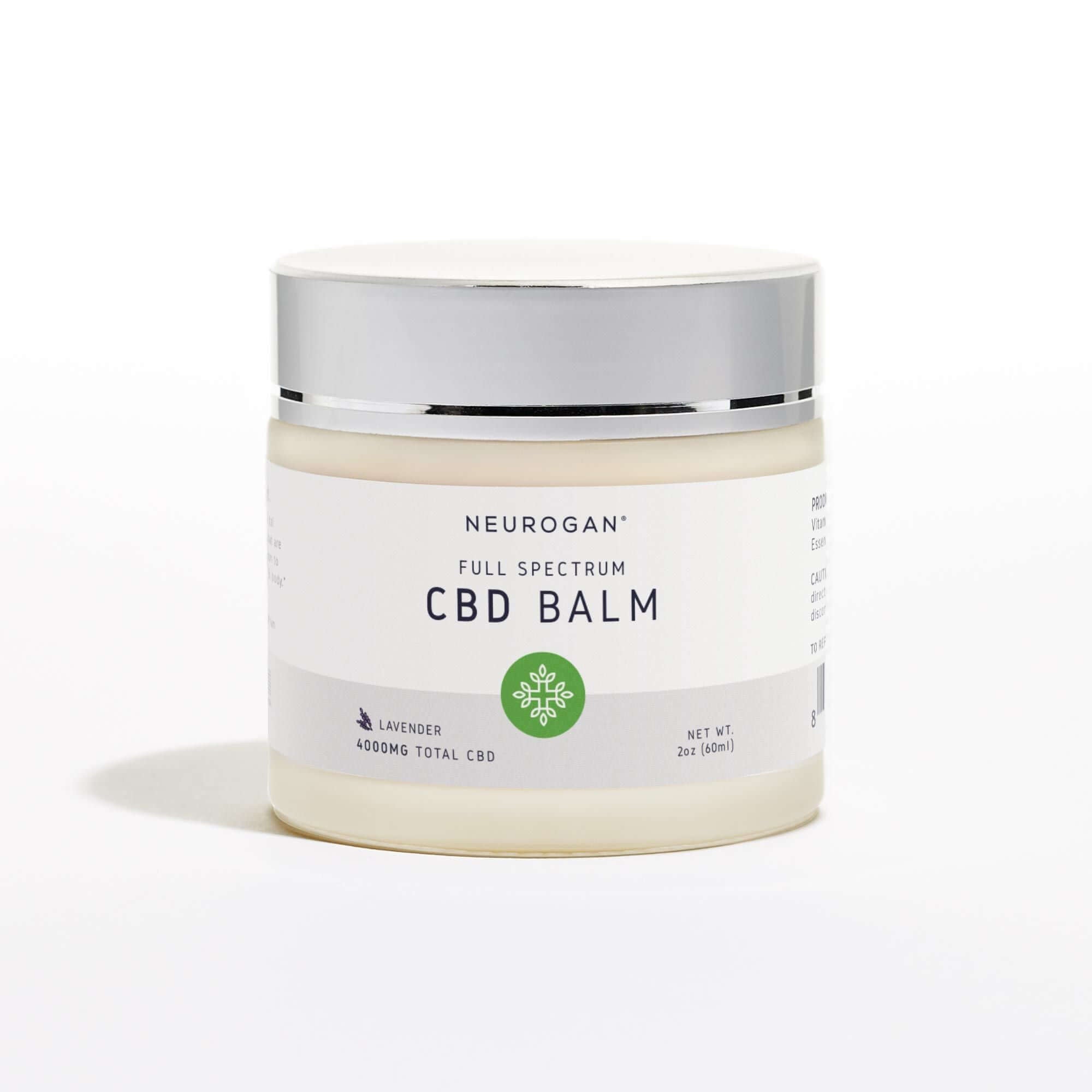I've been online scammed before.
It almost happened two weeks ago when I was researching CBD oil on the internet. Although convenient, shopping online can put you at risk of scams. On the light end of this situation, you could have been sold hemp oil disguised as CBD oil—and on the scary side of a scam, you could have your identity and credit card information compromised.
As a cannabis writer and educator, I feel like I have a pretty good idea of what to look for when it comes to shopping for quality CBD products online—but this experience showed me that there are many so-called "wellness companies" that do a decent job of hiding their malice intentions.
The problem with this relatively new CBD oil market is that there are a lot of scams out there, even when you shop in-store. Shop owners and product buyers may not be well-versed in sourcing for CBD in an industry that only became legal in 2018 in the United States—and there are a lot of people looking to take advantage of unassuming shoppers.
Not sure if you're buying legit CBD products in-store or online? Here are some warning signs you may have stumbled upon a scam company.
1. They Offer Inflated Health Claims About Their CBD Products

There is a lot of misinformation about CBD on the internet.
Brands are promoting their CBD products without any scientific backing, which can cause more harm than good. While the cannabis plant is now seeing a renaissance in popularity in the health and wellness space, it's not a miracle compound.
If you see an advertisement that sounds like this: "CBD oil cures anxiety, manages chronic pain, or fixes your sleep problems," it's a red flag. It's against Food and Drug Administration (FDA) guidelines for CBD brands to promote products that claim to cure, mitigate, or treat illnesses.
This misdirection of the potential benefits of CBD to increase sales could lead consumers from seeking the proper medical attention they need, which is why it's irresponsible for brands to claim to have "all-natural wellness solutions."
While there are extensive clinical treatments underway on CBD oil—there's only one FDA-approved CBD drug on the market, Epilodex, prescribedfor drug-resistant epilepsy. If you come across CBD products that seem to inflate the uses of CBD without much details in scientific research, steer clear of the brand.
2. There's No Information About The CBD Company
With new CBD companies popping up almost daily, it can be hard to distinguish the good guys from the bad. You can always look up the company on LinkedIn, Consumer Reports, and Google News to find out who is behind the company, and if no information comes up, there's probably a nefarious reason why.
If you can't find any information about the company founders, history, location, or contact info—you're better off shopping elsewhere.
There's a common scam going around called "The Copycat Scam."
This is the scam I nearly fell for in my research for CBD oil online. Copycat CBD companies rely on the trust that has been built up by reputable CBD brands. Customers may mistakenly click on the scam website because it has a similar domain name, and the website looks almost identical. This could be enough to trick someone into purchasing low-quality containing less CBD than advertised or even fake CBD products.
Other times, you won't receive a product at all, and the con artists will have your credit card information for unapproved purchases.
One of the major faults of many CBD copycat companies is that there's very little information about the company on the website. When you go to the "About" or "Contact" page, you may find that there isn't a phone number or email listed on their website, which means getting a refund becomes next to impossible if you can't find someone in charge of customer service and want your money back fast.
3. They Don't Offer A Certificate of Analysis On CBD Oil
Third-party certificates of analysis (COAs) are a must for CBD products. This document shows a detailed analysis of what's in the hemp extract—cannabinoid levels (including THC content), terpene profile, pesticides, and other contaminants to ensure its quality and safety.
In states where marijuana—cannabis plants containing more than 0.3% THC—are illegal, you'll want to make sure that your CBD comes from a hemp source and not marijuana plants, as you could find yourself in hot water or experiencing a different set of effects, like intoxication, feelings of anxiousness, or failing a drug test.
I've come across a handful of times when a brand labels their CBD oil as "full spectrum CBD," only to read the lab test and find out that it's pure CBD isolate. This is a huge red flag because full spectrum products tend to cost more than pure CBD products.
Full spectrum CBD contains a diverse range of cannabinoids and terpenes from the hemp plant, giving it a more powerful and balanced effect profile. These are more expensive because it takes careful precision on the manufacturer's end to maintain these heat and light-sensitive compounds.
With pure cannabidiol (CBD) extract, you're still getting the benefit of CBD, but you're missing out on the full power of the hemp plant and may be more prone to side-effects of CBD.
Sometimes subtle scams on a given CBD product can be as slight as this, but it's enough to leave a lasting negative impression of a brand. When you purchase in a CBD store near you or online, you should get what you've paid for.
The Certificate of Analysis should be conducted by an accredited, third-party lab and include a batch number and recent date.
These tests are important because they give customers peace of mind knowing what ingredients they're putting into their bodies. If there is no information about testing or an outdated COA, these can be indicators that you're not getting what's advertised, so stay away from those knockoffs.
4. You Can't Find Customer Reviews About The Brand Outside Their Website
Online customer reviews can make or break a purchase.
The problem is that it's too easy for companies to pay for fake reviews. Amazon recently had a scandal where hackers released that Amazon retailers were paying for thousands of fake reviews to improve their customer ratings on their websites.
It's even easier for companies to fake these reviews on their websites—so always read customer reviews on the brand's website with some skepticism.

If you want to know how other people truly feel about the brand, look to third-party review sites or forums like Reddit or Quorra for genuine customer experiences. Many online forums out there do a good job of flagging down scam CBD companies, so it's worth doing a bit of research on threads before locking in a purchase.
5. Lack Transparency About Ingredients & How They Make Their Products
The tricky thing about sourcing high-quality hemp products is the sourcing of the raw material. Hemp can be grown virtually anywhere—However, not all countries take the same farming and safety standards as strictly.
Hemp is a bioaccumulator, which means it tends to absorb nutrients and contaminants from its growing environment. It's even been used to clean up farmlands contaminated with heavy pesticide use and heavy metals. These harmful contaminants can make their way into the end products, making them more harmful than good for you.
If the brand you're shopping with doesn't tell you where hemp is sourced or how it's made, it's not a good sign. They could be scam companies purchasing poor quality CBD oil for cheap, dressing it up in a nice label, and selling it to unassuming consumers at a premium.
6. Too Good To Be True Prices

CBD oil is expensive because it's an expensive process to maintain.
Hemp farming is a labor-intensive process. It requires regular inspection to maintain the legal THC threshold, up-keeping many acres of land, and various state-required licensing to set up shop.
The cost per mg of CBD should cost anywhere from $0.05–$0.10 on average, depending on how large the company's operations are and the type of CBD product you're purchasing.
If you come across a CBD oil with too good to be true prices, that's probably because the brand had to cut corners somewhere. One example I've seen of this is plain cooking hemp seed oil advertised with CBD oil benefits sold for dirt cheap. Therefore, if your budget has a limit at the moment, only purchase from trustworthy brands that offer the cheapest CBD oil that is legit and still comes with the benefits of CBD.
Hemp oil or hemp seed oil is made from the seeds of the cannabis plant, whereas cannabidiol (CBD) and other cannabinoids are stored in tiny crystal resin glands speckled on the flowers and leaves of the plant. While hemp seeds are a good source of omega 3 and 6 fatty acids, they don't contain cannabinoids, and therefore cannot offer you the same level of benefits for your endocannabinoid system.
7. CBD Oil Comes In A Clear Bottle
CBD oil should come in a green or amber glass bottle. The reason for this is that the active cannabinoids and terpenes are UV sensitive. If the bottle is exposed to sunlight, the cannabinoids will degrade, making them ineffective.
While clear glass bottles may be cheaper for the manufacturer, they're doing their customers and their brand a disservice by using them to package their CBD-infused oils as it cuts the ingredient's shelf-life is cut significantly.
8. "Free CBD" If You Pay For Shipping Costs
Be wary of companies that promise you a free bottle of CBD oil if you only pay the shipping costs.
This sounds like a great deal, but it's almost always just another scam. The way they work is simple—when making your purchase, you'll input your credit card information to cover the shipping costs, but what you may not notice in the fine print is that you agree to pay $50-$100s each month after the initial cost of shipping for the products on a subscription basis.
It can be extremely difficult to cancel these subscriptions as there's no customer service information to be found anywhere on the website.
I'm not saying all subscription plans are a scam—I love my monthly subscription services.
I get my vitamins and cleaning products sent to my door each month, but these brands are very clear about their terms so that I'm sure it's not going to rack up my credit card. Plus, they provide ample notice before shipping out those orders every month if I need to change my order.
Remember, CBD oil is expensive because there are a lot of costs in running a sustainable, high-quality CBD business. I hate to break it to you but, you're not going to find a legitimate CBD oil online for the cost of $10 shipping.
Why Are CBD Oil Scams So Popular?
CBD scams are so abundant because they've become a fast fad—and there's a lot of misinformation about its potential effects spreading around online. These scams often take advantage of the positive and nutritious reputation of cannabis and blow it way out of proportion. There is increased enforcement over this as the FDA cracks down on manufacturers who make these unfounded claims.
FDA considers CBD as a nutritional supplement and not a pharmaceutical product.
Companies that don't abide by the FDA guidelines are sent warning letters, fines, or face shut-downs for poor compliance.
It's also become too easy for online con artists to steal information from unsuspecting online shoppers—this isn't unique to cannabis-based products. When shopping online, most people are concerned with finding the best deals.
However, there is another threat to your wallet that you need to be aware of: phishing websites. These sites can look exactly like the site you intended to visit but instead send your information directly to criminals who steal it and use it for their financial gain.
One of the most common ways phishers try to steal your personal information is by creating websites that look like major retailers but are just traps that can be easily avoided with these three steps:
- Always check the URL for typos before you enter any personal data
- Only shop on sites you trust
- Don't click links in emails or text messages from unknown sources
The Takeaway: Shop Smarter & Avoid CBD Oil Scam Companies

CBD is a hot trend in the health and wellness industry. With many new customers, scam artists leverage the fact that plenty of uninformed people can take advantage of it by selling fake or low-quality goods—or just stealing payment and contact information without shipping any product.
To make sure you don't become a victim of these CBD scam companies, you must do some research before you shop.
As a general shopping role—if the company is making too good to be true medical claims about their products, it probably is. While the benefits of CBD have been extensively researched to provide support to the endocannabinoid system, it's not a miracle compound, and no CBD product or company should ever replace medical advice.
At the very least, look into the company you're shopping with to ensure a customer support line. You can directly reach and have a good reputation with previous customers by reading past reviews on third-party websites and forums.
FAQ
How to avoid CBD Oil scam?
In general, if a company makes medical claims about its products that appear too good to be true, they probably are. No CBD product or company should ever be utilized in place of medical advice. At the very least, be sure the company you're buying from has a customer service line.
What is a Certificate of Analysis?
Third-party certificates of analysis (COAs) are a must for CBD products. This document shows a detailed analysis of what's in the hemp extract—cannabinoid levels (including THC content), terpene profile, pesticides, and other contaminants to ensure its quality and safety.
Is CBD Oil legal?
In states where marijuana (cannabis plants containing more than 0.3% THC) is prohibited, make sure your CBD comes from hemp rather than marijuana plants, otherwise you may end up in hot water or suffering a different set of affects, such as intoxication, anxiety, or failing a drug test.
How much does CBD Oil Cost?
The typical cost per mg of CBD should be between $0.05 and $0.10, depending on the size of the company's operations and the sort of CBD product you're purchasing. If you come across CBD oil with costs that seem too good to be true, it's generally because the brand has to cut corners somewhere.




